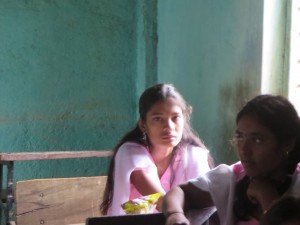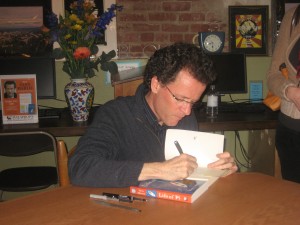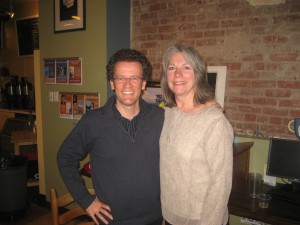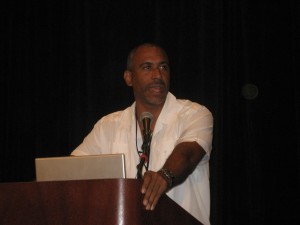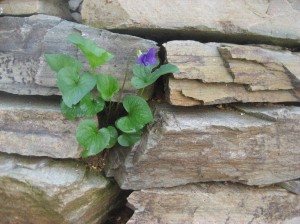Thoughts on Legacy
There are so many opportunities to say thank you and to watch another person change the trajectory of someone else’s life. Folks in the medical profession do that often by healing an illness or repairing a limb. Helping a loved one through a major surgery recently made me think of the many ways we get to leave a legacy. How very grateful I am for talented physicians who specialize in quirky muscles, tendons, and bones that do not behave the way they are supposed to. Giving someone back the use of his or her arm and shoulder – wow, that is something to be thankful for.
Readjusting to life after my visit to India continues to surprise me. There is a difference in the way I see and feel my surroundings. A deeper hue or reflected vision. Everything feels crisper visually. The subtleties of birdsong and shadow, sunlight and wind, feel like tender gifts. My senses are alive in a new way and so are my connections to people. India in all her humanity and chaos has created a shift in me that makes me want to pay attention.
This new view makes me eager to get back into my classroom and try once again to do a better job this year than ever before. To create new lessons, find great literary companion pieces, show my students their power and connect them to the world around them – both here in Western NC and across the globe in Mumbai or Delhi. The path ahead energizes me. The policy changes, new student tests, budget cuts and adverse legislation, teacher measurement tools, and financial trimming create a hum in the background of my mind, but they do not overtake my senses. I see smiling faces, hopeful new students, classes coming together as a family, surprise leaders, and thoughtful analysis that changes minds and spurs hope awaiting me.
My legacy. I am mindful that every child matters. Each set of eyes is related to a family with hopes, dreams, challenges, and frustrations. Each set of eyes belongs to caregivers who love them, who toil and work diligently to support and nurture them. And just in case I encounter one who is not that lucky, I am honored to be that set of eyes.
